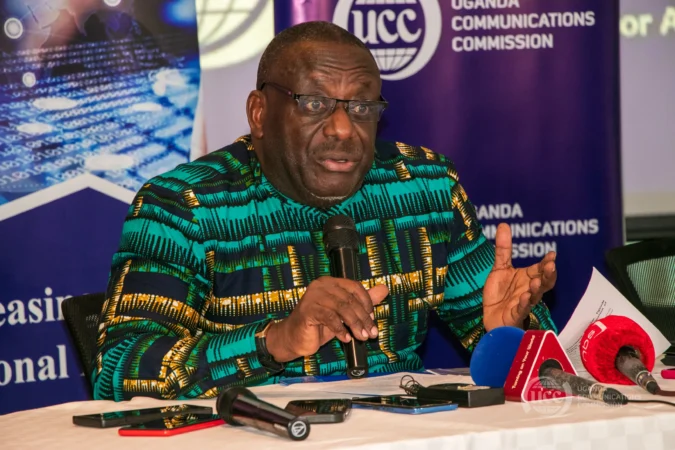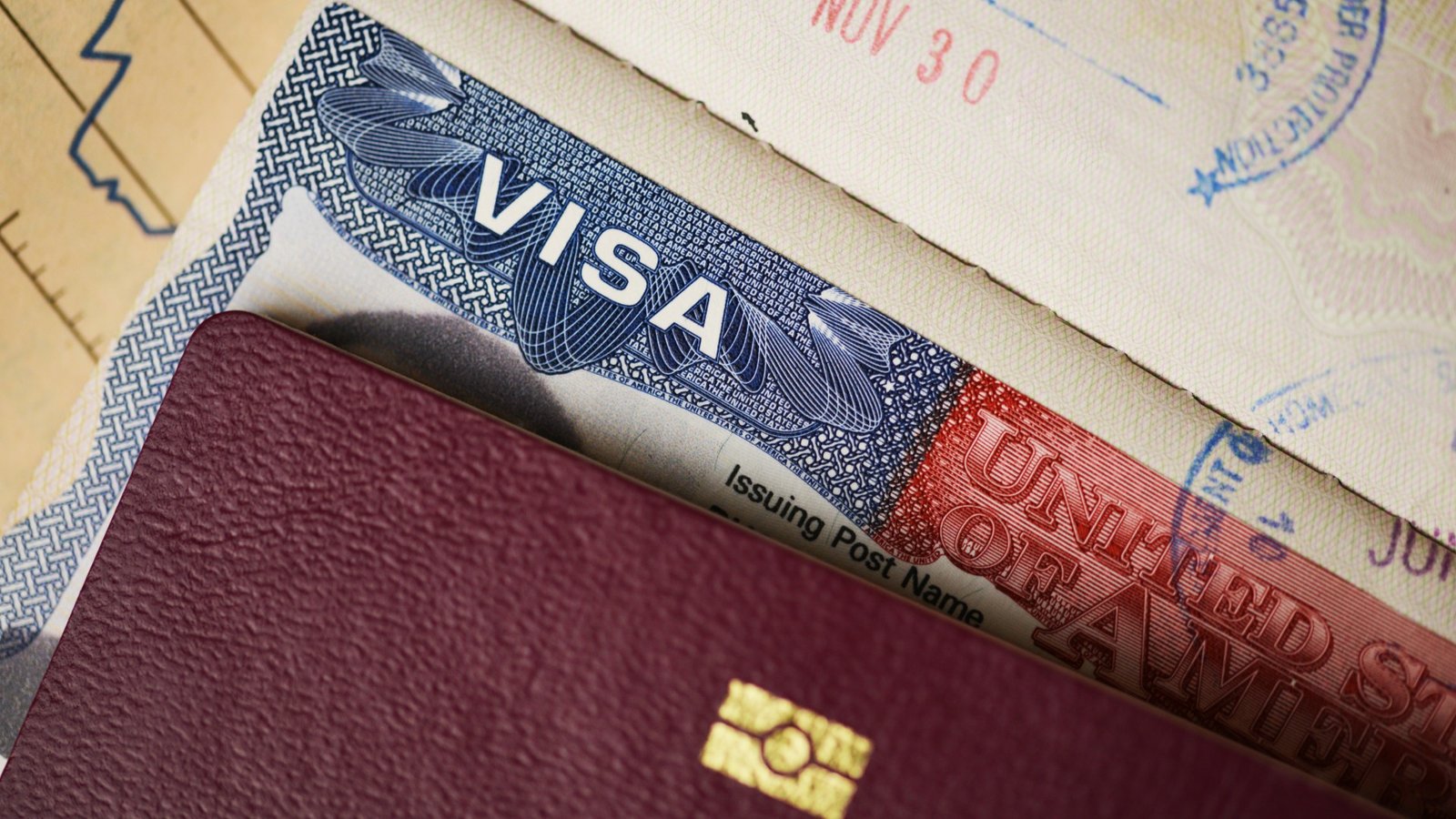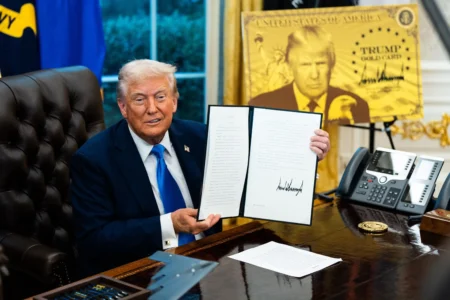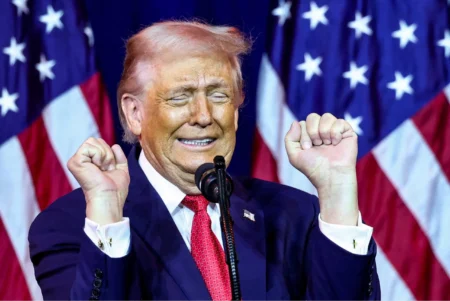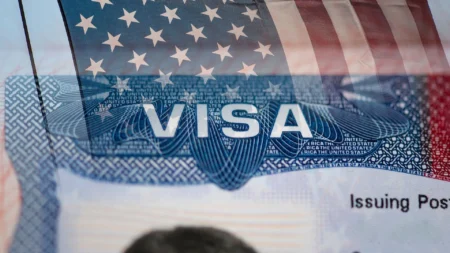The United States has announced significant alterations to its non-immigrant visa policy affecting citizens of Cameroon, Ethiopia, Ghana, and Nigeria, implementing reductions in both the duration and conditions of entry for most travelers from these nations.
The US Department of State has confirmed that nearly all non-immigrant and non-diplomatic visas issued to individuals from these four countries will now be restricted to single-entry and will be valid for a maximum of three months.
This represents a notable departure from previous visa terms, which frequently permitted multiple entries over periods spanning two years or more, and is described by the US as part of a “global reciprocity realignment.”
Nigeria has refuted claims suggesting it offers only single-entry e-visas valid for three months to US citizens. Presidential spokesman Bayo Onanuga stated on Thursday that Nigeria continues to provide five-year multiple-entry visas to US nationals.
“We want to reiterate that the US government’s claim of reciprocity as the reason for its current visa policy towards Nigeria does not accurately reflect the actual situation,” he asserted. Similarly, US citizens are eligible for visas of up to a year in Cameroon and 90 days in Ethiopia.
While authorities in Cameroon and Ethiopia have yet to comment officially, a statement from Ghana’s government indicated that the West African nation has issued over 28,500 multiple-entry visas to US citizens this year.
Ghanaian authorities expressed hope for an “early resolution” to the issue and conveyed “firm solidarity” with all Ghanaians affected by the inconvenience. The Nigerian government also voiced its concern, characterizing the move as disproportionate and calling for reconsideration.
It further added that the restriction could impede cultural and educational exchanges, which have historically formed a cornerstone of US-Nigeria relations.
The State Department maintains that visa policies remain “subject to ongoing review” and may be adjusted based on evolving diplomatic, security, and immigration benchmarks. In an official statement, the US government affirmed its close collaboration with authorities in the three affected countries to ensure they meet key international standards.
These standards include: issuing secure travel documents, managing visa overstays, and sharing security or criminal data for public safety purposes.
Last month, even more stringent measures were imposed on Eritrea, Somalia, and Sudan, with the United States suspending all immigrant and non-immigrant visas for citizens of those countries.
On Friday, the US embassy in Abuja dismissed suggestions that the Trump administration was implementing tit-for-tat visa restrictions as a punitive measure against Nigeria for not acceding to its demands. The embassy clarified that the actual reasons for the visa restrictions were “technical and security benchmarks” that needed to be respected.
The US has previously mandated that the social media accounts of all foreign visa applicants would be vetted for “any indications of hostility toward the citizens, culture, government, institutions, or founding principles of the United States.”
According to the 2024 Open Doors report on international education exchanges, published by the US Department of State’s Bureau of Educational and Cultural Affairs, Nigeria was the seventh largest source of international students to the US and the highest from Africa, showing a 13.5% increase from 2023.
An aide to former Nigerian President Muhammadu Buhari expressed a belief that the US was not merely reciprocating but demonstrating its displeasure with Nigeria. Bashir Ahmad posted on X that President Bola Tinubu’s recent visit to Brazil for the BRICS gathering might be a factor behind the move.
“This is not solely about reciprocity. Rather, it appears to reflect growing US discomfort with Nigeria’s increasing global realignment, particularly the warm reception we are receiving from the Brics,” he wrote.
Also Read: Top TikTok star Khaby Lame detained by US immigration over visa violation
Conversely, immigration lawyer Godwin Oke offered a different perspective: “This is a classic case of visa reciprocity under international diplomatic practice. Countries often align their visa terms to reflect mutual treatment. The US had been issuing Nigerians five-year multiple-entry visas, while Nigeria only offered Americans short-term, single-entry visas. From a policy standpoint, it was only a matter of time before the imbalance was addressed.”
In March of this year, the US mission in Nigeria issued a stern warning, indicating that overstaying a visa could lead to a permanent travel ban and potential criminal prosecution. While there is no official data indicating the number of Nigerian travelers to the US who overstay their visas, many Nigerians are concerned that the number of visa approvals will decrease under President Donald Trump’s stringent immigration policies.
A significant number of young Nigerians aspire to leave the country, a phenomenon known as “Japa” (meaning “escape” in the Yoruba language), with the US remaining one of their most desired destinations.
